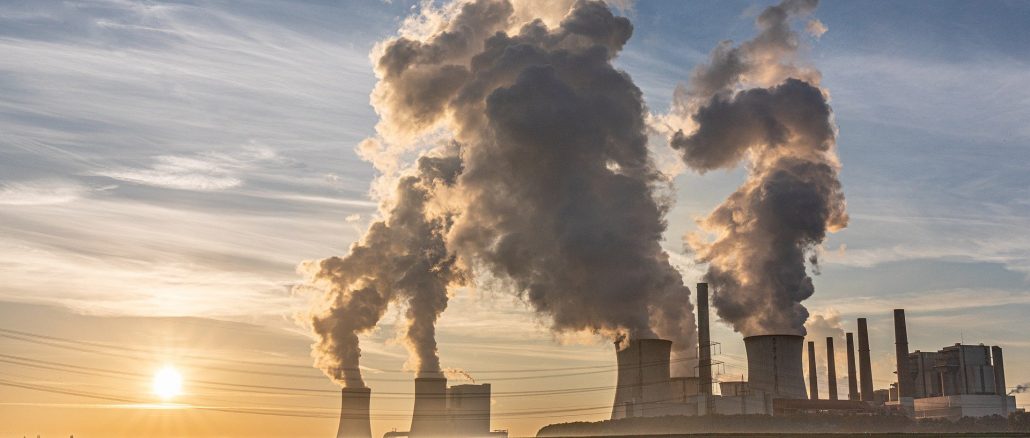
The latest Intergovernmental Panel on Climate Change (IPCC) report has set out the most alarming findings about the impacts of climate change on people and the planet.
As part of the IPCC’s sixth assessment, they recorded the present-day and future impact of climate change, as well as the vulnerabilities to human society and what we must undertake to help the climate crisis.
The report was published at the start of March just months after the Cop26 summit agreed do more in limiting global warming to 1.5C. Now with temperatures nearing 1.2C, leading bodies need to generate more strategic plans in tackling the issue.
Even with further action currently taking place, the report laid out the starkest warning yet about the impacts of climate change on our planet.
According to the report we are sat at dangerous thresholds, as the world around us is seeing a more rapid loss of sea ice, accelerated sea level rise and temperature continuing to increase.
The report set out the impacts of rising temperatures, which have now reached 1.1C above the pre-industrial level.
But instead of focusing on the impacts, should we not be focusing on solutions?
In January 2021, a draft report from the IPCC was released, Michelle Diane Hernandez a political director for climate power offered her criticisms of the report and how it should focus more on how to fix the problem than the actual problem.
“We can’t only discuss what’s wrong; we must also discuss what’s needed,” Hernandez said.
Natural solutions are peril in addressing the climate change emergency but unfortunately it could take years to achieve this and at a very costly rate.
However, natural solutions seem to be the safest and most effective way to tackle climate change as well as being better for the population’s health.
In 2018, fossil fuels were responsible for killing more than 8 million people, due to the air pollution they create.
Introducing changes such as clean public transport would improve air quality, as well as cutting emissions.
Investing more money in forestry, wouldn’t only help keep carbon out of the air but will also protect biodiversity.
Creating greener cities by planting trees, will also cool the temperature and result in more people walking instead of taking transport, which doesn’t only benefit our planet but in turn people’s health.
World leaders are often too focused on the cost of climate change action and choose to ignore the cost of inaction.
If the world remains in its current state, the implications of global warming will be far more costly than that of climate change action.
The climate director at World Resources Institute India, Ulka Kelkar explained that we have to invest in climate action today and reap the benefits slowly over time in the future.
Other solutions to the climate crisis is the consumption of meat and dairy, reducing how much we eat will not only benefit the planet but will benefit our bodies too.
Making these changes can often be costly but we need to see the bigger picture and realise by transforming our communities to be more climate friendly, we are not only preventing further climate disaster but also creating a cleaner and safer environment for people.
Aoife Breslin
Image Credit: Aoife Breslin



